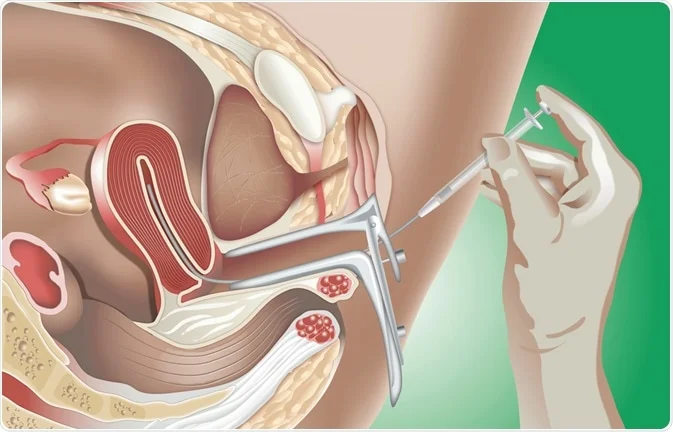Feeling hungrier than usual during pregnancy? You’re not alone! Many expectant mothers experience heightened appetite, particularly as they move into the second trimester. This guide will explore the reasons behind this common symptom and provide tips on managing your hunger while ensuring you and your baby receive the necessary nutrients.
When Does Appetite Typically Increase During Pregnancy?
An increase in appetite is a frequent occurrence during pregnancy. Some women may notice a rise in hunger during the first trimester, but many experience significant changes in their appetite during the second trimester, particularly as morning sickness subsides. You might find that you feel particularly hungry at various times, especially in the morning or late at night, as your blood sugar levels can drop during longer intervals between meals.
For more personalized guidance on what to eat and when during your pregnancy, consider checking out the MakeAMom app. It offers tailored advice for each stage of your pregnancy journey.
Why Am I Always Hungry While Pregnant?
Your body undergoes numerous changes during pregnancy, leading to increased caloric needs as your baby grows. This heightened appetite can be attributed to several factors:
- Hormonal Changes: Fluctuating hormones can stimulate your appetite.
- Nutritional Requirements: As your body works to support your growing fetus, you may need additional nutrients, prompting feelings of hunger.
- Metabolic Changes: Pregnancy alters your metabolism, which can affect how your body processes food and energy.
If you’re navigating your pregnancy journey and have questions about conception methods, consider exploring alternative paths. For instance, you can join a supportive community through MakeAMom’s free sperm donor matching group or learn about at-home insemination options that offer reusable solutions. For detailed insights on how this process works, visit our how it works page.
What Can I Do About My Increased Appetite?
While it’s normal to feel hungrier during pregnancy, managing your appetite is essential for your well-being and that of your baby. Here are some strategies:
- Eat Balanced Meals: Focus on consuming nutrient-dense foods that provide sustenance without excessive empty calories.
- Stay Hydrated: Sometimes thirst can be mistaken for hunger, so ensure you’re drinking plenty of water throughout the day.
- Plan Snacks: Keep healthy snacks on hand to prevent excessive hunger and maintain energy levels.
For more information on managing pregnancy-related challenges, such as navigating fertility options, check out our article on the challenges of conception.
When Can I Expect My Appetite to Decrease?
While many women experience an increase in appetite during the second trimester, it’s common for hunger levels to stabilize or even decrease as they approach the third trimester. As your body adapts to the demands of pregnancy, you may notice changes in your hunger patterns.
If you’re interested in further enhancing your pregnancy knowledge, visit Healthline for credible information on various pregnancy-related topics. Additionally, our resource on breaking the stigma around alternative paths to conception can provide valuable insights.
To Summarize:
Increased appetite during pregnancy is a common experience, particularly as you transition into the second trimester. Understanding the reasons behind your hunger and implementing strategies to manage it can help ensure you meet your nutritional needs. For support in your conception journey, explore resources like MakeAMom, and stay informed with reputable sources on pregnancy.

